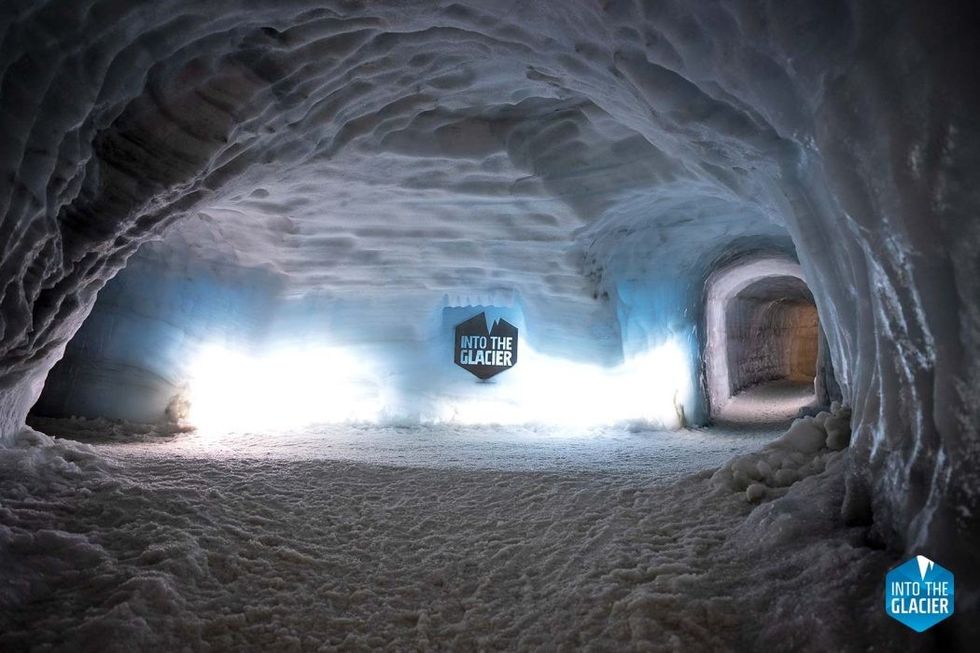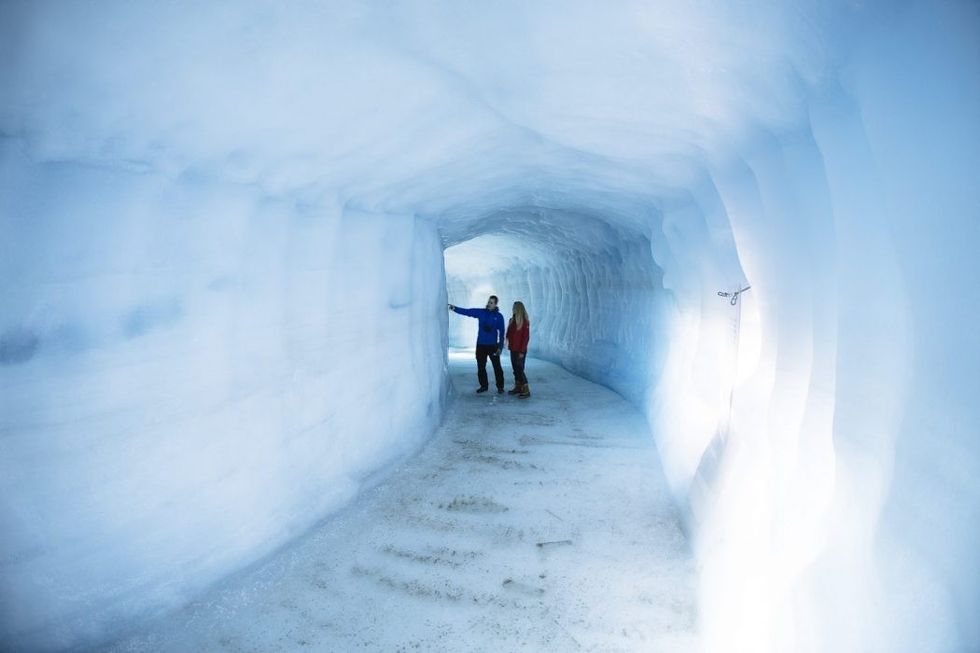PUBLIC HEALTH ENGLAND has outlined a seven-point plan for ensuring better coronavirus protection to black, Asian and minority ethnic (BAME) communities.
The set of recommendations were compiled as part of a review published on June 2 that said BAME people up to 50 per cent more likely to die due to Covid-19.
The government had earlier come under a barrage of criticism for “withholding” the recommendations, and Labour called the delay a “scandal”.
The study finally published on Tuesday (16) said it was "clear from discussions with stakeholders that Covid-19 in their view did not create health inequalities, but rather the pandemic exposed and exacerbated longstanding inequalities affecting BAME groups in the UK".
Besides racism and discrimination, the report found that the unequal impact of the pandemic may be explained by social and economic inequalities, stigma, differing risks at work and inequalities in the prevalence of conditions such as obesity, diabetes, hypertension and asthma, which can increase the severity of Covid-19.
"The most recent research from the UK suggests that both ethnicity and income inequality are independently associated with Covid-19 mortality," it added.
"Individuals from BAME groups are more likely to work in occupations with a higher risk of Covid-19 exposure. They are more likely to use public transportation to travel to their essential work.
"Historic negative experiences of healthcare or at work may mean that individuals in BAME groups are less likely to seek care when needed or as NHS staff less likely to speak up when they have concerns about PPE or testing."
The report highlighted that "racism and discrimination experienced by communities and more specifically by BAME key workers as a root cause affecting health, and exposure risk and disease progression risk".
"Racial discrimination affects people’s life chances and the stress associated with being discriminated against based on race/ethnicity affects mental and physical health," it said.
The report authors added that "the disproportionate impact of Covid-19 on BAME groups presented an opportunity to create fast but sustainable change and mitigate further impact".
"Change needs to be large-scale and transformative," they said.
The recommendations in the document included:
- Mandate comprehensive and quality ethnicity data collection and recording as part of routine NHS and social care data collection systems, including the mandatory collection of ethnicity data at death certification, and ensure that data are readily available to local health and care partners to inform actions to mitigate the impact of COVID-19 on BAME communities.
- Support community participatory research, in which researchers and community stakeholders engage as equal partners, to understand the social, cultural, structural, economic, religious, and commercial determinants of Covid-19 in BAME communities, and to develop readily implementable and scalable programmes to reduce risk and improve health outcomes.
- Improve access, experiences and outcomes of NHS, local government and integrated care systems commissioned services by BAME communities including: regular equity audits; use of health impact assessments; integration of equality into quality systems; good representation of black and minority ethnic communities among staff at all levels; sustained workforce development and employment practices; trust-building dialogue with service users.
- Boost development of culturally competent occupational risk assessment tools, especially for key workers.
- Fund, develop and implement culturally competent Covid-19 prevention campaigns, working in partnership with local BAME and faith communities to reinforce individual and household risk reduction strategies; rebuild trust with and uptake of routine clinical services; reinforce messages on early identification, testing and diagnosis; and prepare communities to take full advantage of interventions including contact tracing, antibody testing and ultimately vaccine availability.
- Accelerate efforts to target culturally competent health promotion and disease prevention programmes for non-communicable diseases promoting healthy weight, physical activity, smoking cessation, mental wellbeing and effective management of chronic conditions including diabetes, hypertension and asthma.
- Ensure recovery strategies actively reduce inequalities caused by the wider determinants of health to create long term sustainable change. Fully funded, sustained and meaningful approaches to tackling ethnic inequalities must be prioritised.
PHE chief executive Duncan Selbie said the review engaged more than 4,000 people who represented the views of BAME communities.
“The clear message from stakeholders was the requirement for tangible actions, provided at scale and pace, with a commitment to address the underlying factors of inequality,” he added.
The British Medical Association (BMA), among the groups lobbying for the review to be released, said the recommendations must now be implemented urgently.
“It''s important we now move forward and deliver those changes because it''s the fair and right thing to do for our population," said BMA council chair Dr Chaand Nagpaul.
According to the BMA, more than 90 per cent of UK doctors who died during the pandemic were from BAME backgrounds, and medics from these communities were also three times as likely to say they had felt pressured to work without sufficient PPE.
The PHE’s initial review had revealed that people of Bangladeshi ethnicity had twice the risk of death than people of white British ethnicity.
The death rate from Covid-19 was found to be 1.5 times higher among people of Indian-origin, 2.8 times among Pakistani-origin and 4.3 times higher in those of black African origin.

























